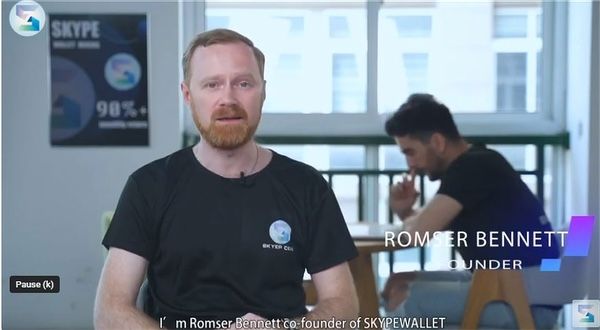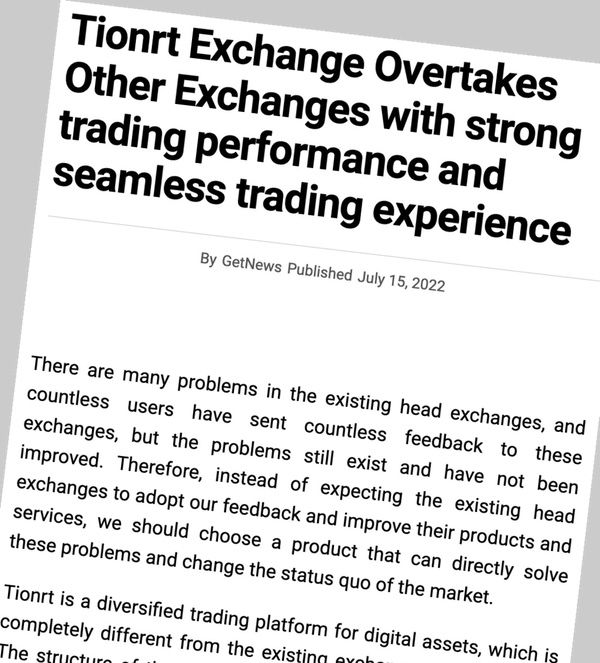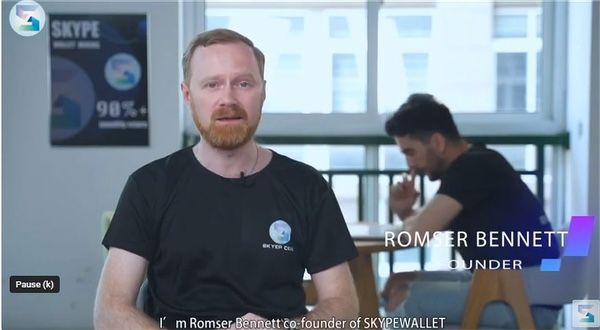
2024-4-6 02:20:44 Author: www.bitdefender.com(查看原文) 阅读量:14 收藏
Two China-based Android app developers are being sued by Google for an alleged scam targeting 100,000 users worldwide through fake cryptocurrency and other investment apps.
The company is taking action after scammers reportedly tricked victims with bogus promises of high returns from Android apps offering cryptocurrency investment opportunities.
At least 87 fake apps on Google Play promised returns to investors, but they could not access the claimed profits when they tried to withdraw funds.
Google alleges some fraud victims lost up to US $75,000.
According to Google, victims were asked to pay additional "fees" or "taxes" before a withdrawal, which the scammers would pocket.
Google sued two men, Yunfeng Sun (also known as “Alphonse Sun” and Hongnam Cheung (also known as “Zhang Hongnim” or “Stanford Fischer”) - are alleged to have committed "hundreds of acts of wire fraud."
Google claims the men used three primary methods to "socially engineer and lure victim investors to download their fraudulent apps from Google Play and other sources":
- Text messages would be sent via Google Voice to potential victims, disguised as messages sent to a wrong number (for instance, "I am Sophia, do you remember me?"). Conversations would be shifted to other platforms, and an attempt would be made to develop a friendship or romantic relationship that would ultimately try to persuade victims to invest via one of the apps (a technique known as "pig butchering").
- Online videos tricked potential investors by presenting crypto apps as legitimate and safe. The videos would promise a high returns on investment and share details of a platform's "leadership team" who were in fact paid actors.
- Affiliate marketing campaign that convinced users to become "affiliates" of investment apps with the promise that they would earn commission by signing up more users via social media to a "guaranteed and easy way to earn money."
Bogus investment platforms like TrionRT appeared legitimate through a variety of methods, including distributing press releases.

When victims complained to the "friend" or “romantic partner” who had encouraged them to use the service, they would find that their “friend” or “romantic partner” had disappeared.
SkypeWallet, an allegedly fraudulent cryptocurrency investment app Google linked to Yunfeng Sun, was promoted with videos featuring the supposed leadership team of a company called SkypeCoin and guarantees high returns.

A similar promotional video exists for another reported fraud scheme, OTCAI.

Amusingly, both videos claim to show the company founder ("Romser Bennett") but clearly feature different people played by different actors.
Furthermore, the actor playing an engineer called "Rodriguez" in the video for one app plays a technical leader named "William Bryant" for another.
The lawsuit by Google is the latest in a line of actions against fraudsters targeting Android users. Although it has removed offending apps from Google Play when discovered, the scammers are alleged to have created new aliases to disguise their connection to the apps.
如有侵权请联系:admin#unsafe.sh